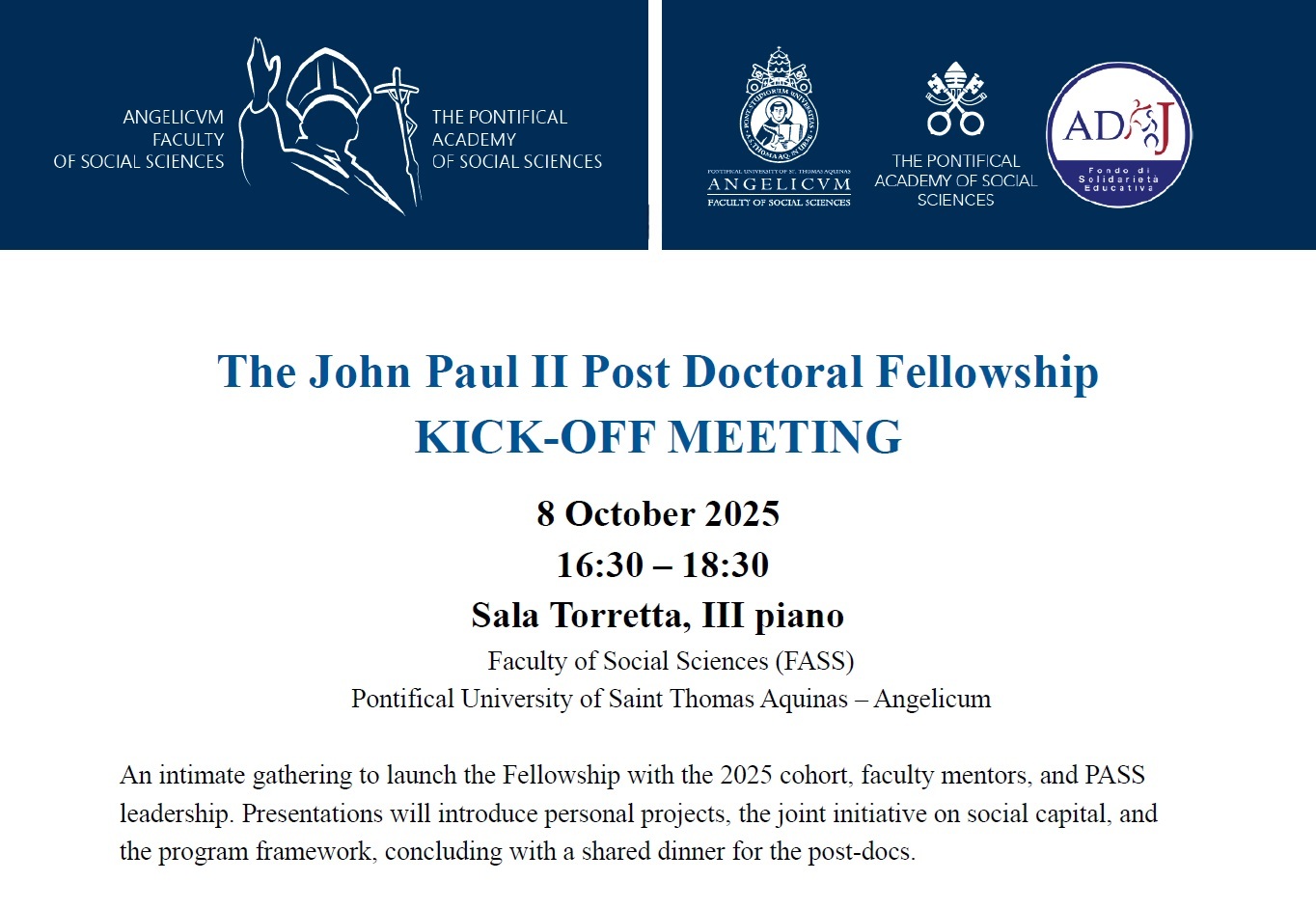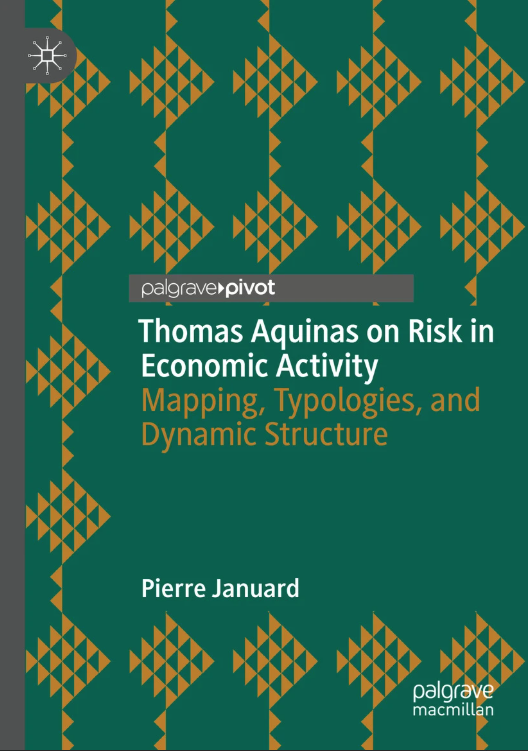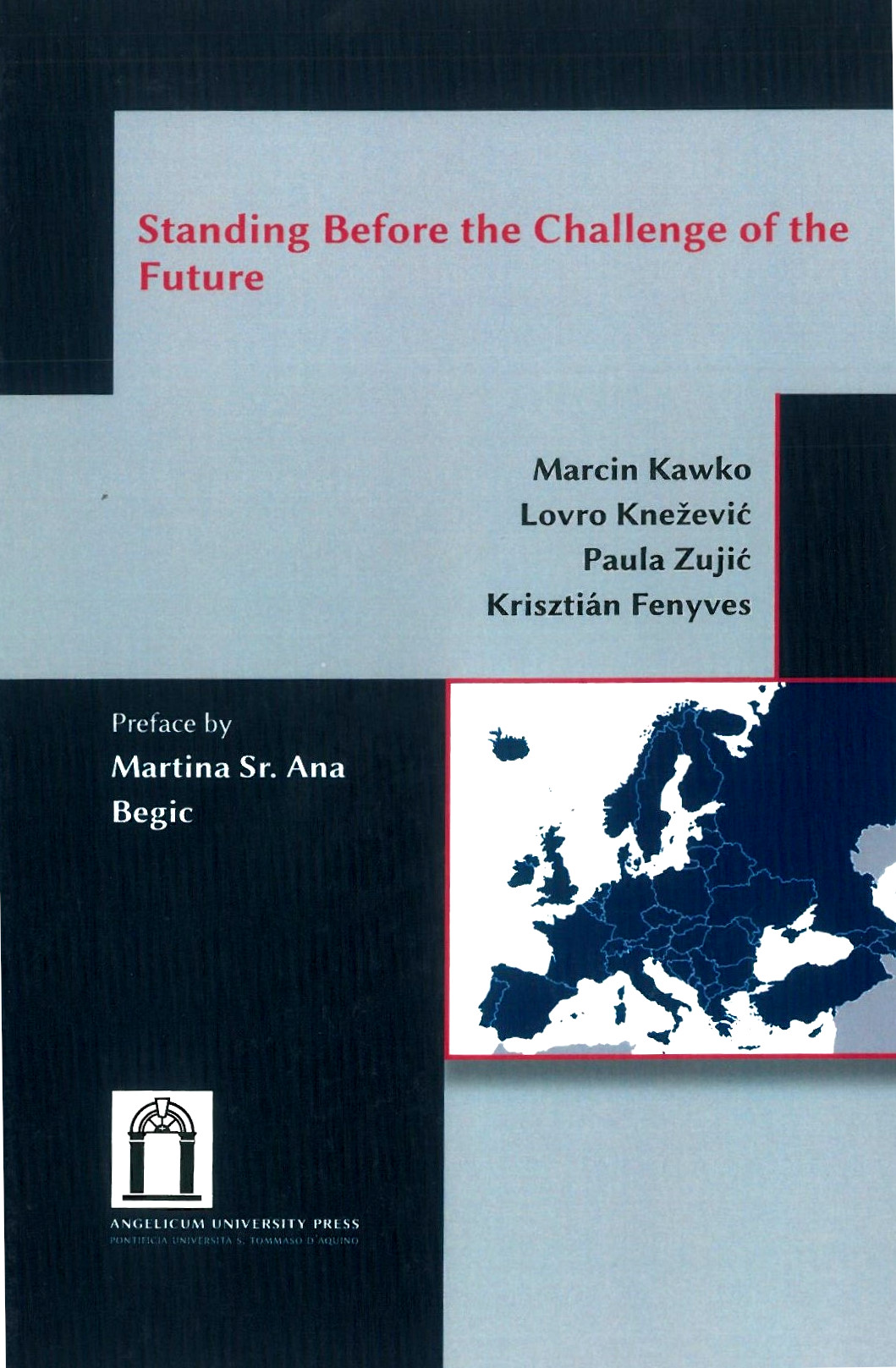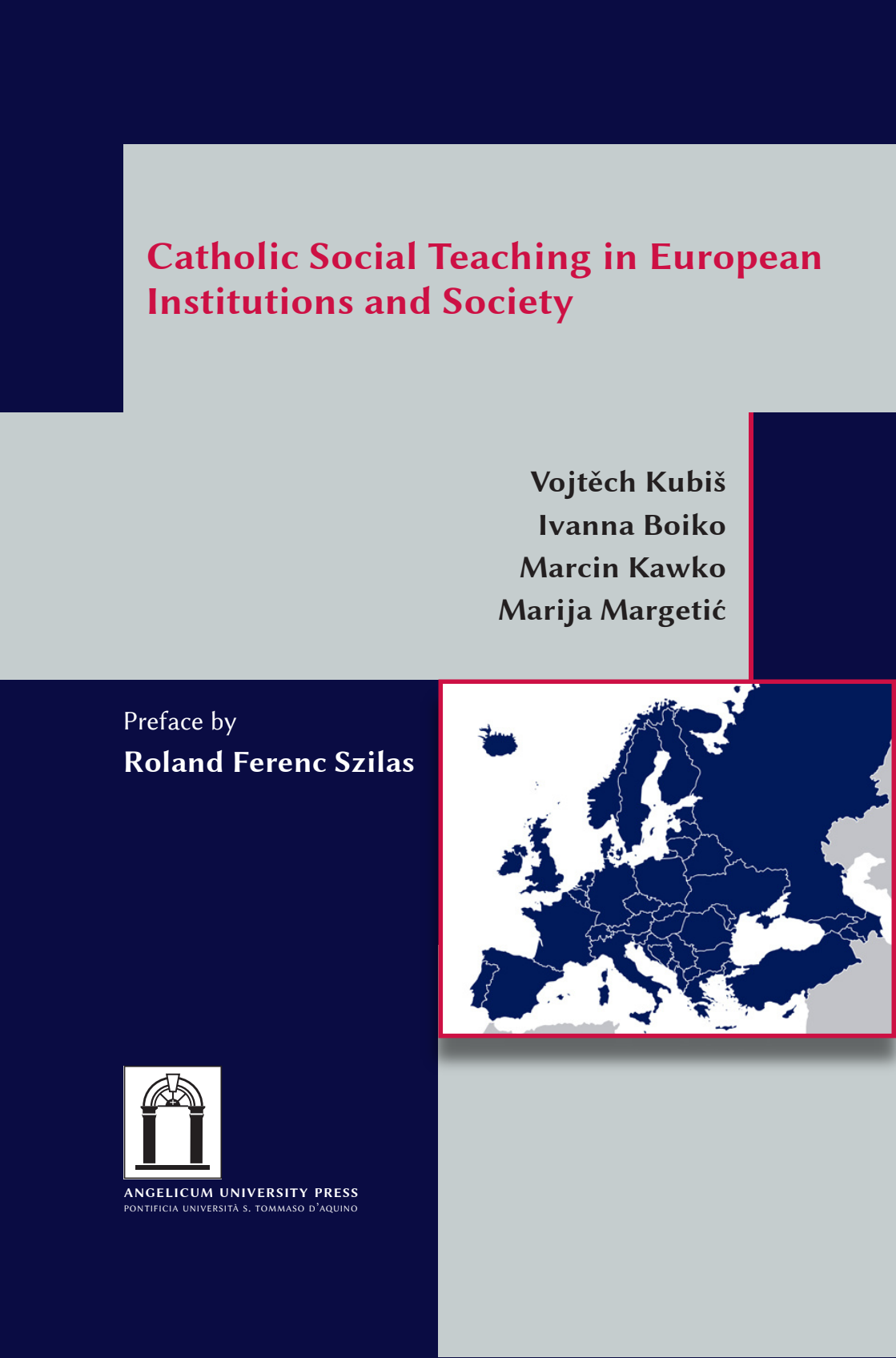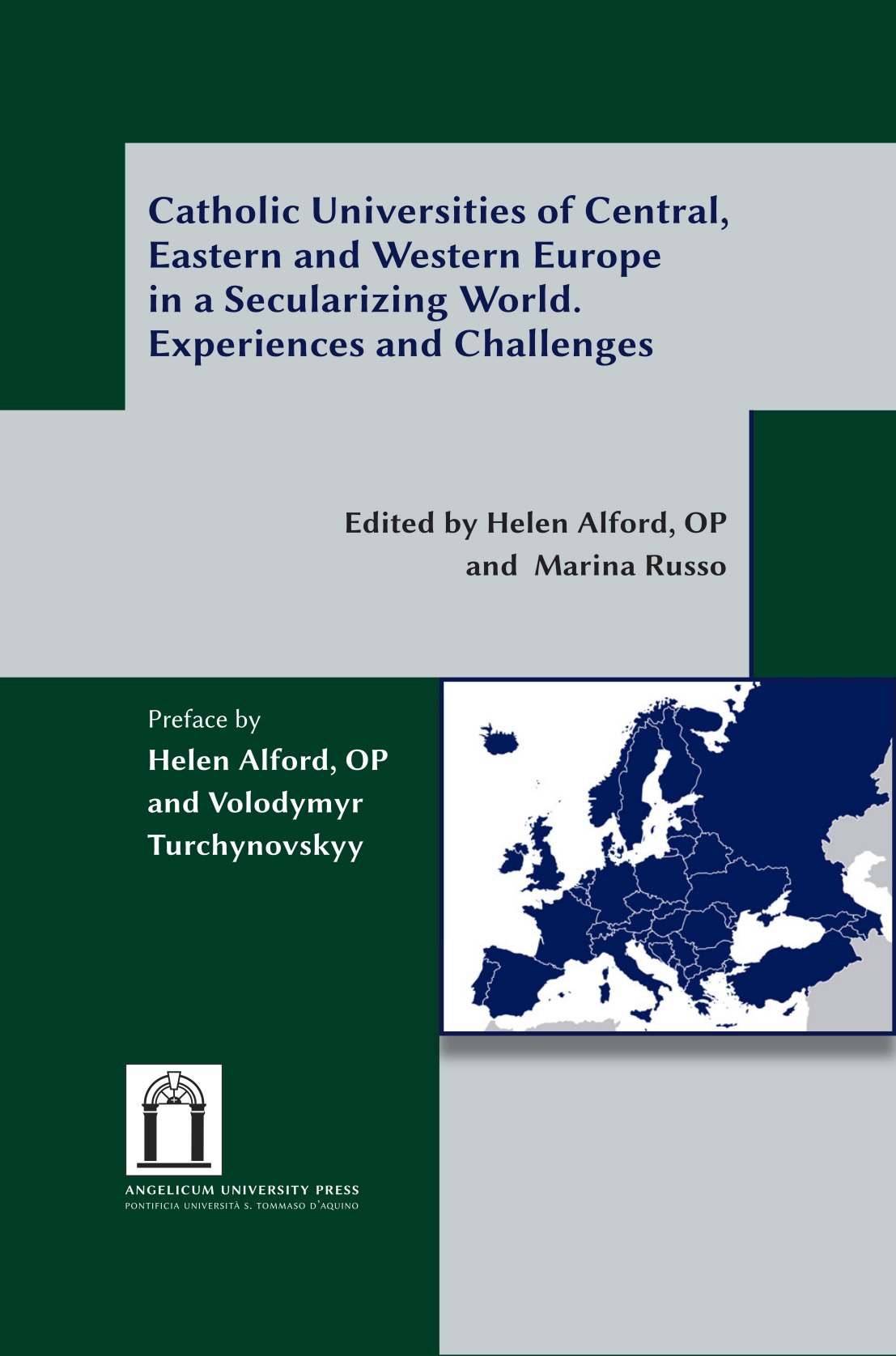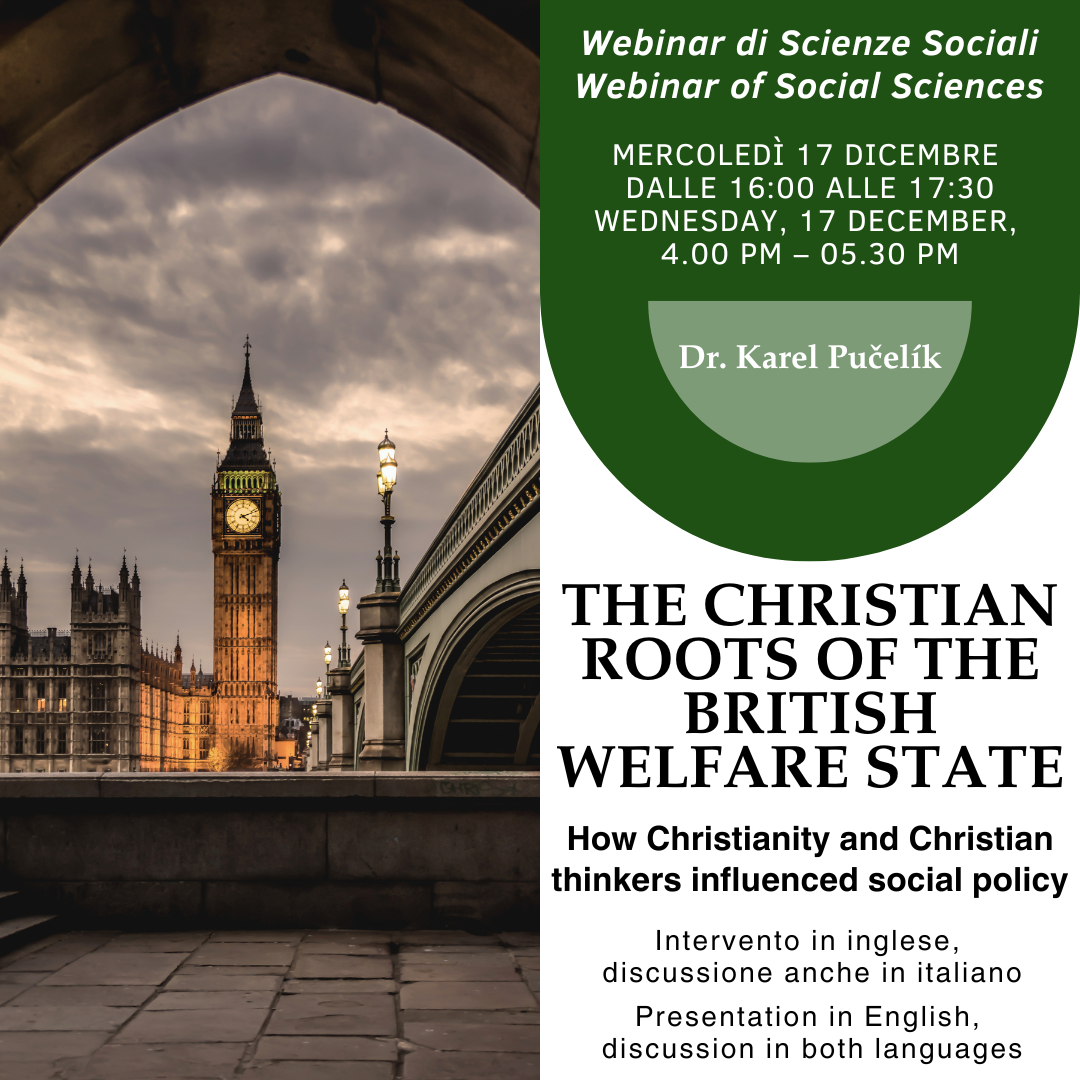 Archetypal stories are mirror images of our human nature. One such story is Charles Dickens’ A Christmas Carol (England, 1843). The plot of the story is well known: Ebenezer Scrooge – the story’s main character – is the personification of greed. He holds in contempt even the smallest act of generosity and lives only to accumulate more. His business is financially sound and highly profitable. He owns a mansion and his office is in a fashionable part of town; however, he lives alone, unhappy, loved by none, and feared by all. The morale of the story is clear: a greedy person, in spite of an abundance of material wealth, lives a lonely, unhappy, dissatisfied life.
Archetypal stories are mirror images of our human nature. One such story is Charles Dickens’ A Christmas Carol (England, 1843). The plot of the story is well known: Ebenezer Scrooge – the story’s main character – is the personification of greed. He holds in contempt even the smallest act of generosity and lives only to accumulate more. His business is financially sound and highly profitable. He owns a mansion and his office is in a fashionable part of town; however, he lives alone, unhappy, loved by none, and feared by all. The morale of the story is clear: a greedy person, in spite of an abundance of material wealth, lives a lonely, unhappy, dissatisfied life.
Modern mentality, however, begs to disagree with Dickens’s archetype. In modern mentality, Scrooges’ greed is the conditio sine qua non for conducting and maintaining successful business. Furthermore, Scrooge would not be depicted as a lonely, grumpy old man in our modern mentality. Instead, his “persona” would be that of a rich and powerful CEO who devises better and faster ways to get immediate profits and huge earnings for his associates and, in the process, secure juicy bonuses for himself. In other words, greed is a desirable trait in a successful leader of a company who is expected to maximize profit and ensure that its stockholders rip the biggest, fastest benefit possible. In the words of economist Walter Williams, “greed is good, because it drives us to do many good things.”1
It seems, then, that far from being a vice to be repudiated, greed is now a “virtue” to be emulated! However, greed was not always considered a desirable mark of character in those responsible for the just exchange of goods in society. In fact, far from being applauded and hailed, greed was considered a vice – and in religious milieus, a grievous sin! How did the shift in meaning and appreciation happen?
Stefano Zamagni’s book Avarizia offers an erudite answer to that question. The author’s vast experience as professor, researcher, adviser, and writer of books on Economics shines forth in this highly illustrative book. In five short chapters, Zamagni masterfully interweaves insights from Judaism, Greco-Roman culture, and Christianity in order to shed light on the concept of greed. In doing so, Zamagni takes the reader on a historical and philosophical tour de force to show how greed’s semantic comprehension and its existential valorisation have metamorphosed through time.
The first chapter shows how Christian Scriptures – especially Paul’s writings – influenced the early Christian community’s evaluation of greed as the root of all evil (radix omnium malorum avaritia). However, by the fifth century AC greed has moved to a second position on the list of capital sins, leaving pride the preeminent place. Monasticism and its feudal hierarchy depended on obedience to subsist. Because Benedictine monasteries were filled with children of the nobility and their inherited collective possessions were significant, it is not surprise that the emphasis was placed in pride (a direct threat to obedience and a real temptation for those in positions of power) and not in greed as the capital sin. However, by the twelfth century internal divisions and external influences in the Monastic and feudal systems will push greed back into the first place of the list of capital sins.
The second chapter explores the commercial revolution that happened on the eleventh century, with its consequent new urban culture, the use of currency in commercial transactions, and an increase in the production and distribution of goods. Central figures here are the merchants and the mendicant Orders (especially Franciscans). The first group become the epitome of the greedy person: those who live out of the fruit of the honest work done by others and accumulate material goods for their own benefit. The second group goes into the cities and lives a life of freely-embraced poverty, the epitome of a virtuous life, of which the main deterrent is greed.
The third chapter presents how greed becomes a real dilemma: should greed be considered a sin or a necessary impulse towards prosperity? The Franciscans considered greed as the capital sin because, in the form of usury, it allows its practitioner to amazed richness without having to work for them like everybody else. In short, usury stands in direct contraposition to charity. On the other hand, capital can be seen not as ends in itself but as means to facilitate further production of goods. In this way, those in possession of capital can actually use it to provide goods for everybody. Humanists highly valued the nascent market economy and thus, the benefits of productive investments that promoted the city’s development. In direct contraposition to the Church’s teachings, Humanists appraised greed not only as natural but also as useful and necessary. The birth of modern States, the secularization, and the Protestant Reformation – matrix of the Capitalist spirit – all contributed to this new assessment of greed.
The fourth chapter postulates the transition from Humanism – via the Enlightenment – to Modernity. Zamagni highlights here the shift from the value of the common good to an emphasis on the common interest. At the same time, an explosion of commerce lowered prices and profit and caused the rise of a new class of capitalists: those divorced from the production of goods. The nascent individualism mixed with protestant ethics validated this new class’ activities by arguing that their personal interest and greed produced collective richness. Later on, an anthropological understanding of human nature as defined solely by social context will conclude that greed is a mere behavioural disposition of an a-social being who does neither intend to harm nor to benefit anybody! By the eighteenth century, greed has moved from being a vice to being a public virtue that moves the individual to serve the collective interest, even if motivated by personal interest. Zamagni closes this chapter with a fascinating consideration of modern sciences (biology, neurology, psychology, etc.) and their explanation of the genesis of greed as a way to obtain pleasure.
The fifth chapter explores greed in post-modern society. Zamagni’s explanation of the genesis of greed in the human heart is prefaced by a consideration of scarcity as both existential limitation and depravation - misery. A natural desire to possess in order to satisfy our personal needs becomes greed when “having the means to” is turn into “the only end” of our quest. In other words, greed turns “having” into the only thing that matters because of fear of going without. Paradoxically, the greedy person lives a miserable life for fear of misery! At the end of the day, having more does not lead to the consecution of happiness and fulfillment because only human relationships can achieve that. The emphasis on relationships, however, goes against the efficiency ethos, ultimate criterion of judgment and justification of our present economic reality. It seems that the raison d’etre of a free market that has in fact become greed market is, in words of Ayn Rand2. to accept the fact that the consecution of our own happiness is the only scope of our moral life and that the real foundation and protection of our self-esteem is to treat as cannibal whoever asks us for help!
The end of Zamagni’s book offers double realization: on one hand, the reader is able to understand how our modern understanding of greed is a direct result of a faulty anthropology that stresses the “rational” character of our behaviour and ignores its inner motivations; on the other hand, the reader is invited to contrast and compare the secular theories of the genesis of evil and those coming from a religious milieu and to see how both agree on one fact: greed is not the way to happiness and self-fulfilment our post-modern mentality has made it to be. At the end, the reader is invited to ponder the following conundrum: in our day, iconic greedy people possess material goods at an unprecedented scale. They have been able to accumulate and preserve immense fortunes. However, they have done at the expense of their own happiness and that of thousands of others. Is their greed a failure in their intelligence or of their will?
Whether it is a failure of human intelligence or of will, there is no doubt that reckless and untamed greed has become one of the most serious problems in our world. From corporate scandals to obscene CEO’s salaries, from reckless financial ventures to worldwide sex slavery of women and children, greed has ceased to be the limited ambition or licit struggle for success and has become the most deadly of the deadly sins. If only for that reason, Avarizia is a most-welcomed book. Another good reason to read this book is that, in the after-math of our present global financial crisis, Zamagni’s poignant insights are a sober and well measured invitation to think and reflect on the personal and societal mechanisms that have lead us to the present state of affairs. Zamagni’s level-headed analysis of the root of our present crisis and his use of both secular and religious sources in a well-measured and masterfully crafted way makes this a very appealing book for both the believer and the non-believer alike.
reason to read this book is that, in the after-math of our present global financial crisis, Zamagni’s poignant insights are a sober and well measured invitation to think and reflect on the personal and societal mechanisms that have lead us to the present state of affairs. Zamagni’s level-headed analysis of the root of our present crisis and his use of both secular and religious sources in a well-measured and masterfully crafted way makes this a very appealing book for both the believer and the non-believer alike.
I am convinced that this book will become a classic for those interested in Economics and Ethics. It is my hope that an English translation of this book will be promptly available.
NOTE:
1 John Stossel, Greed – not kindness – gets things done, in www.realclearpolitics.com (viewed 12.19.2009)
2 Ayn Rand, Atlas Shruged, Random House, New York 1992.
 IT
IT  EN
EN 
